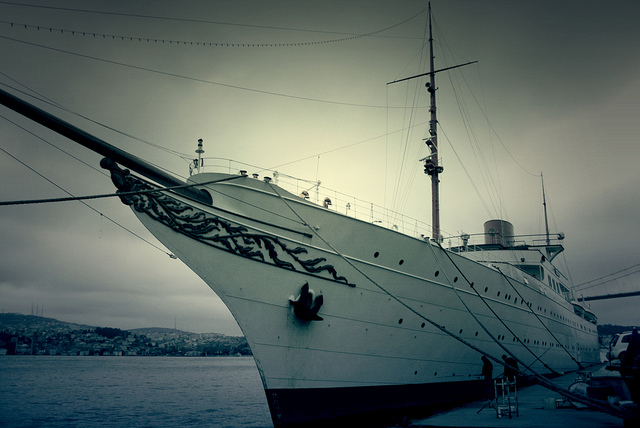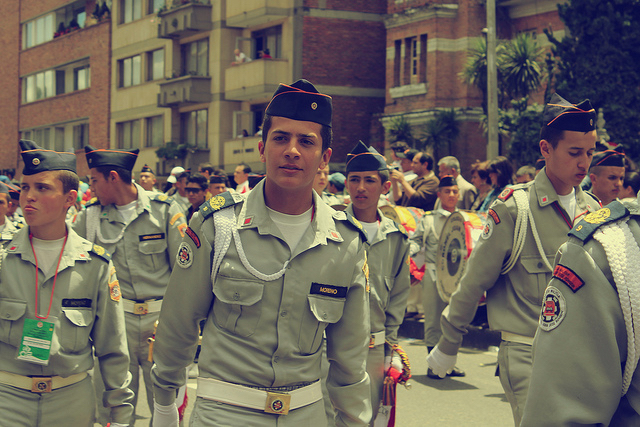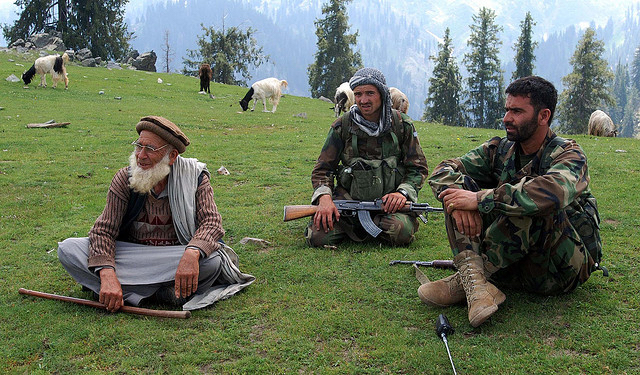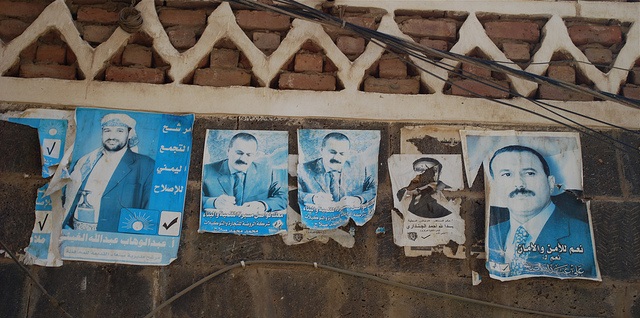“So Erdogan, Aliyez, and Nazarbayez are on a boat …” It reads like the set up to a joke, but all three men – the leaders of Turkey, Azerbaijan, and Kazakhstan – did meet on board the Turkish presidential yacht MV Savarona last week. President Recep Tayyip Erdoğan used an Organization of Islamic Cooperation (OIC) summit as occasion to again show off the luxurious vessel, originally presented to President Mustafa Kemal Ataturk in 1938. (More…)
Author: Paul MutterPaul Mutter is a foreign policy blogger on leave from the NYU Arthur L. Carter Institute of Journalism. He contributes to PBS Tehran Bureau, The Arabist, Mondoweiss, Truthout, Salon and Foreign Policy in Focus. He primarily writes about US foreign relations, Israeli politics and the Persian Gulf region.
Paul Mutter is a foreign policy blogger on leave from the NYU Arthur L. Carter Institute of Journalism. He contributes to PBS Tehran Bureau, The Arabist, Mondoweiss, Truthout, Salon and Foreign Policy in Focus. He primarily writes about US foreign relations, Israeli politics and the Persian Gulf region.
Some 3,000 Colombian nationals have gone to fight and, if it comes to it, die in defense of the UAE since 2011. Of this number, at least 300 are now serving in Yemen at the Port of Aden. What distinguishes these men in Yemen from the UAE’s other “guest workers,” though, is that they will be offered citizenship, a rare privilege not often extended to other expatriate communities. (More…)
“[A]gency recruiters jump at the chance to snare a Mormon,” Newsweek claimed in a 1992 story about the CIA’s post-Cold War restructuring. “Young Mormons,” the report went on, “tend to have squeaky-clean backgrounds and, thanks to their work as Third World missionaries, they often have a skill the CIA desperately needs these days: knowledge of a foreign language.” (More…)
The United States has a long history of supplying weapons to armed proxies by way of deniable third parties. Some of these efforts were deemed successful at the time, such as the arming of the Afghan mujahedeen in the 1980s or Air America supply runs to anti-communist militias in Indochina. (More…)
Beginning in April 2013, armed bands of locals in the Luhansk and Donetsk oblasts declared their independence from the Ukrainian state. This followed a similar uprising in Crimea that was directly supported by elements of the Russian security services and ultimately led to the annexation of the Crimea to the Russian Federation. (More…)
The first five years of the occupation were as dangerous and brutal as anything out of South Vietnam during the 1960s, or Iraq in our own time. Even as peace settled in, an account of the 1917 parliamentary elections reproduced in a Haitian newspaper for the centennial is instructive of the problems faced by the Yanqui occupiers. (More…)
“Naturally, the peasants want Haiti for the Haitians,” concluded the Senate Select Committee on Haiti of the 67th United States Congress in 1922. And naturally, that was not going to happen until they were ready, in the judgment of the US government. (More…)
Hussein Badreddin al-Houthi, father of the ongoing Houthi revolt, demanded greater autonomy and influence for his family as spiritual leaders among Yemen’s Zaydi Shia community. President Ali Abdullah Saleh refused to accept these demands, not wanting to lose power to a rival family. (More…)
Igor Kolomoisky was having a bad week. The Ukrainian parliament had passed a new law that would have cost him control over a major oil company. So Mr. Kolomoisky, one of the richest men in Ukraine, decided to fight back. Just not through the courts. He and a group of handpicked, armed men stormed two office complexes in Kiev on March 19th and 22nd. (More…)
“You want to cut hands? Here are two! Cut them!” So dares a fishmonger to the occupiers of her hometown, theatrically presenting the officer leading them with her fileting knife. The scene is one of the most memorable from the Franco-Mauritanian Timbuktu, directed by Abderrahmane Sissako, released in December 2014. (More…)
It’s taken as a truism that “foreigners” love America. They just don’t particularly like the US. That is, American cultural exports are often popular the world over, even in places where the United States isn’t popular. Acutely aware of this disjuncture, Washington has often sought to use cultural diplomacy to close this gap, pitching its movies and music in order to win over its critics. (More…)











